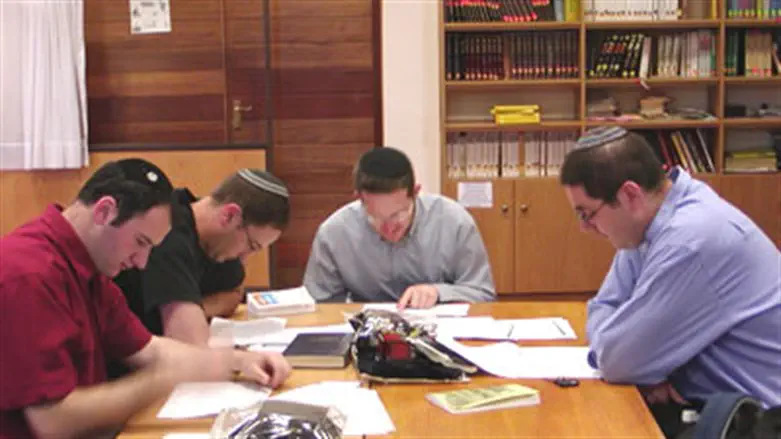
Even a casual reading of the impassioned petition of Yehuda to Yosef on Binyamin’s - or, better stated, on Yaakov’s - behalf is a lesson in supplication and submission. In the course of fifteen psukim, Yehuda employs the term עבד – servant - thirteen times in reference to his family and himself, while calling Yosef אדון - master - seven.
His retelling of the story that brought the brothers to Egypt was designed to pull at the heartstrings of the capricious ruler who clearly had framed Binyamin. In short, it is clear that Yehuda recognized the weakness of his bargaining position and acted accordingly.
Yet some opinions in Chazal tell a different story (Tanchuma siman 5, see also Breishit Rabba 93).
א"ל יהודה דין שקר אתה דן אותנו!
א"ל יוסף אין לך דין שקר כמכירת אחיכם
א"ל יהודה נורא דשכם דליק בלבי
א"ל יוסף נורא דתמר כלתך אנא מטפי…
א"ל יהודה עכשיו אני אצא ואצבע כל שווקים שבמצרים בדם
א"ל יוסף צבעים הייתם מימיכם שצבעתם כתונת אחיכם בדם ואמרתם לאביכם 'טרף טרף'
Yehuda: “You are judging us unjustly!”
Yosef: “There is no greater injustice than selling your brother.”
Yehuda: “the fire of Shechem burns in my breast.”
Yosef: “ It’s the flame of your daughter in law Tamar – I’ll extinguish it for you.”
Yehuda: “I’ll paint the markets of Egypt red with blood”
Yosef: “It’s old hat for you – didn’t you dip your brother’s coat in blood and tell your father that an animal killed him?”
Does the midrash believe that the conversation actually took place? Probably – but only in Yehuda’s mind. No doubt with every submissive - even groveling - word he uttered, Yehuda raged against the farce of justice that he was forced to play out. But his righteous indignation was stymied by the realization that he had no moral high ground to retreat to. When he looked into his past, all of his accusations boomeranged back at him.
With this in mind, the culmination of his speech:
כִּי עַבְדְּךָ עָרַב אֶת הַנַּעַר מֵעִם אָבִי לֵאמֹר אִם לֹא אֲבִיאֶנּוּ אֵלֶיךָ וְחָטָאתִי לְאָבִי כָּל הַיָּמִים:
"For your servant guaranteed the lad for my father saying that if I do not return him I will have sinned to my father forever" was not merely an explanation for his willingness to stand in Binyamin’s stead. It represented the only way to face the ghosts that haunted his conscience.
Only through ערבות - absolute personal responsibility - could he find redemption. For Binyamin. For Yaakov. But ultimately - for himself.
n
Dvar Torah by Rabbi Yehuda Susman, former Rosh Kollel in Chicago (1999-2002), currently Rosh Yeshivat Eretz HaTzvi. Comments: ysusman@yehatzvi.org
Torah MiTzion stands in the forefront of the battle for the future of the Jewish people in the Diaspora, offering religious-Zionist Torah scholarship to Jewish communities throughout the world and strengthening the bond between the Jewish people in the Diaspora and in Israel via the study of Torah.